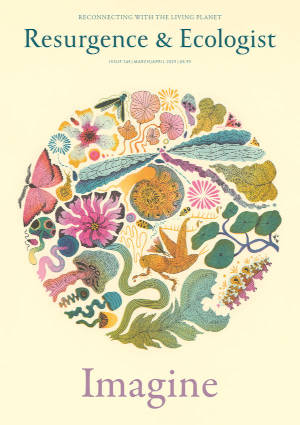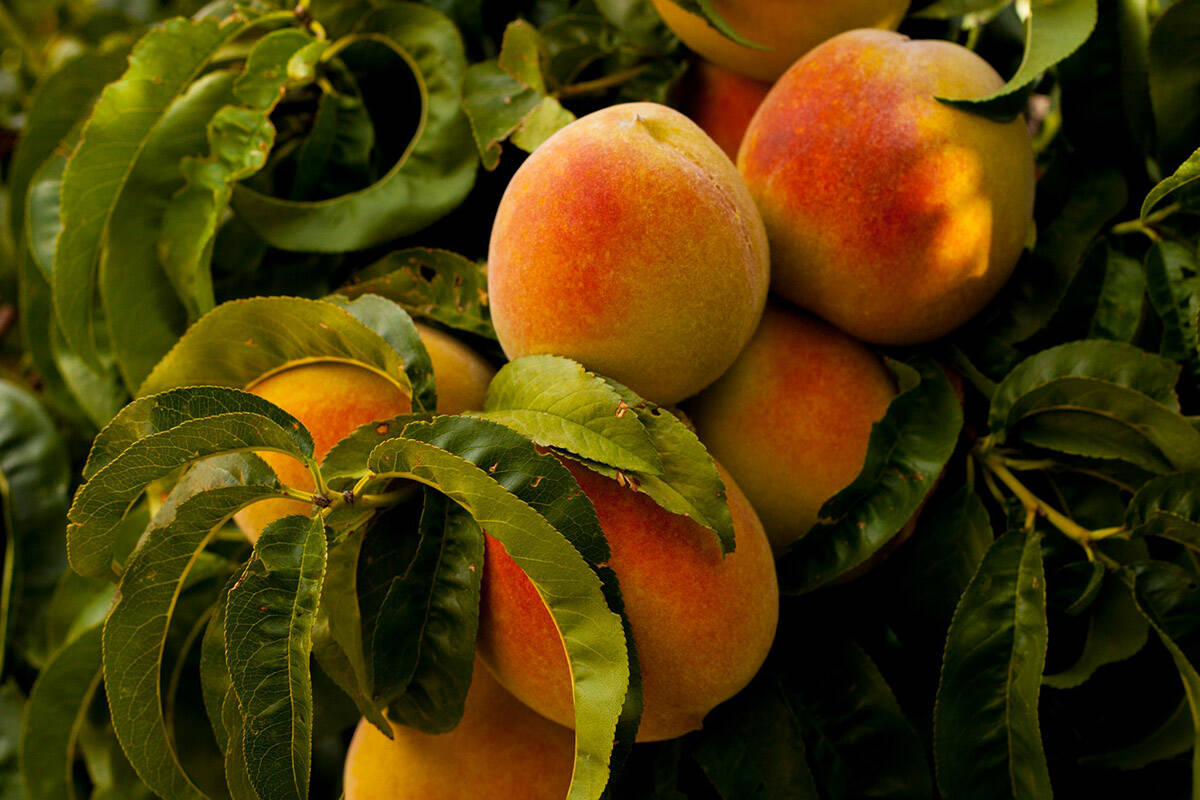Several years ago I sailed from Cornwall to the north of Spain. For that week at sea, under the relentless sun, all I could think about was peaches. The kilo that I bought in the market and gobbled as soon as we docked was one of the greatest eating experiences of my life.
No surprise there, says Franco Fubini. Our bodies are meant to crave what they need, and how they know what they need is guided by flavour. There is a deep connection between flavour and nutrition, between nutrition and the seasons. It is why we want oranges in winter but peaches in summer. If we are listening to what our bodies truly need, if we are listening to what the planet needs, then it is to flavour that we should pay attention.
Yet that is no longer simple. Our capability of listening to complex flavours has been hijacked by the potent combination of salt, sugar and fat found in ultra-processed foods, which now comprise 63% of the UK diet. It is no secret that great flavour has been allowed to fall by the wayside as the food system has rapidly, relentlessly industrialised. Yield, uniformity and ease of transport have been prioritised at the expense of health and taste. The legacy of this is vast: industrial farms, food that isn’t really food, and a litany of disasters. Greenhouse gases, soil degradation, biodiversity loss, an obesity epidemic. In seven decades we have undone millennia of human culture and switched it for a system that imperils our future.
Fubini believes that system transformation must be centred foremost on flavour. He is the founder of Natoora, a supplier of quality produce to chefs and shoppers worldwide, and has spent two decades tracking down farmers who grow for flavour above all else. Fubini seeks out fruit and vegetable varieties that have been pushed out by the supermarkets’ all-consuming logic. This produce is not unlike the farmers who still grow them – unique and idiosyncratic and wedded to deep heritage. Fubini, with no exaggeration, calls them artists. These farmers prioritise taste, the health of their soils, and centuries of tradition. To read of a winter tomato, crisp and salty, cultivated in the south of Sicily, or a Reine Claude Dorée from southern France, oozing juice, is to feel a basic sense of joy.
Natoora supplies many of the world’s top restaurants. Yet while Fubini rightly identifies affordability, desire and access as the three barriers preventing such amazing produce being widely available, his vision stalls somewhat in how this will come about. Chefs and consumers who can afford it must demand the change, he argues, and gradually the effects will trickle through and transform the food system. He speaks passionately for education, and points to countries like Italy whose consumers do demand better produce, so that producers are persuaded to supply it. Yet without curbing supermarkets’ power, without addressing the growing divide between those who can afford it and those who can’t, without government regulation, it is difficult to see how sweeping change can come about. Almost half of the habitable land on the Earth’s surface is given over to agriculture. It is a monumental task.
This is a fascinating book, rich in detail on plants and tastes, on human ingenuity working in harmony with Nature. It is a book to make you seethe with the injustice of how such a fundamental, beautiful right as access to good, fresh food has been lost. However, I finished reading still uncertain about how we can all claw that right back.
In Search of the Perfect Peach: Why Flavour Holds the Answer to Fixing Our Food System by Franco Fubini. Chelsea Green, 2024. ISBN: 9781915294296








